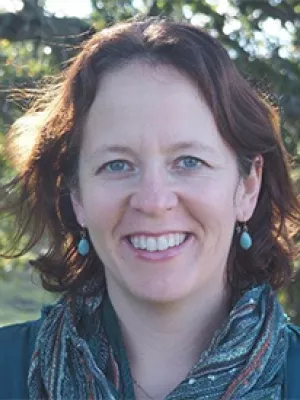
Kimberly Nicholas
Senior Lecturer, Docent

Teaching and learning sustainability: An assessment of the curriculum content and structure of sustainability degree programs in higher education
Author
Summary, in English
Sustainability degree programs in higher education have proliferated with the emergence of sustainability as a recognized academic field. This study evaluated the curricula of English-language programs granting degrees in sustainability by analyzing 27 bachelor's and 27 master's sustainability programs based on their (1) curricular structure, in terms of the proportion of core versus elective courses, (2) breadth of the core courses, which were classified into one of ten disciplinary categories, and (3) specific disciplinary content of core course subjects. We found that core courses made up the majority of both curricula, although bachelor's programs were more flexible than master's. Within these core courses, sustainability and social sciences were found in more than 85 % of both bachelor's and master's programs, as were natural sciences at the bachelor's level. Less than half of sustainability master's programs required a natural science course, which on average made up just 2 % of required course credits. No text was widely used in core sustainability courses. Our findings demonstrate that there is a wide divergence between the content of programs granting degrees in sustainability; many do not appear to be achieving the integration of natural and social sciences proposed in the literature. We believe that some shared foundations between programs is necessary for sustainability to develop into a mature scientific program that is recognizable across universities and understood by academics, employers, and civil society, and is effective in training the next generation of sustainability scholars and scientists.
Department/s
- LUCSUS (Lund University Centre for Sustainability Studies)
- BECC: Biodiversity and Ecosystem services in a Changing Climate
Publishing year
2015
Language
English
Pages
43-59
Publication/Series
Sustainability Science
Volume
10
Issue
1
Document type
Journal article
Publisher
Springer
Topic
- Social Sciences Interdisciplinary
Keywords
- Sustainability education
- Curriculum design
- Sustainability pedagogy
- Program design
- Interdisciplinary education
Status
Published
ISBN/ISSN/Other
- ISSN: 1862-4057